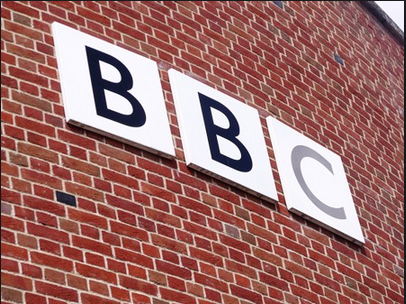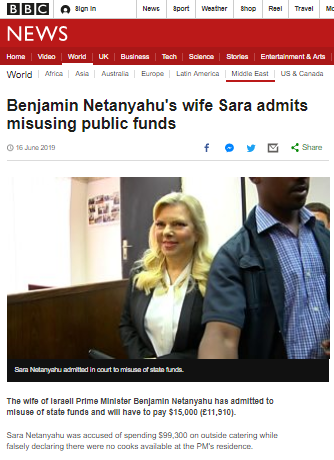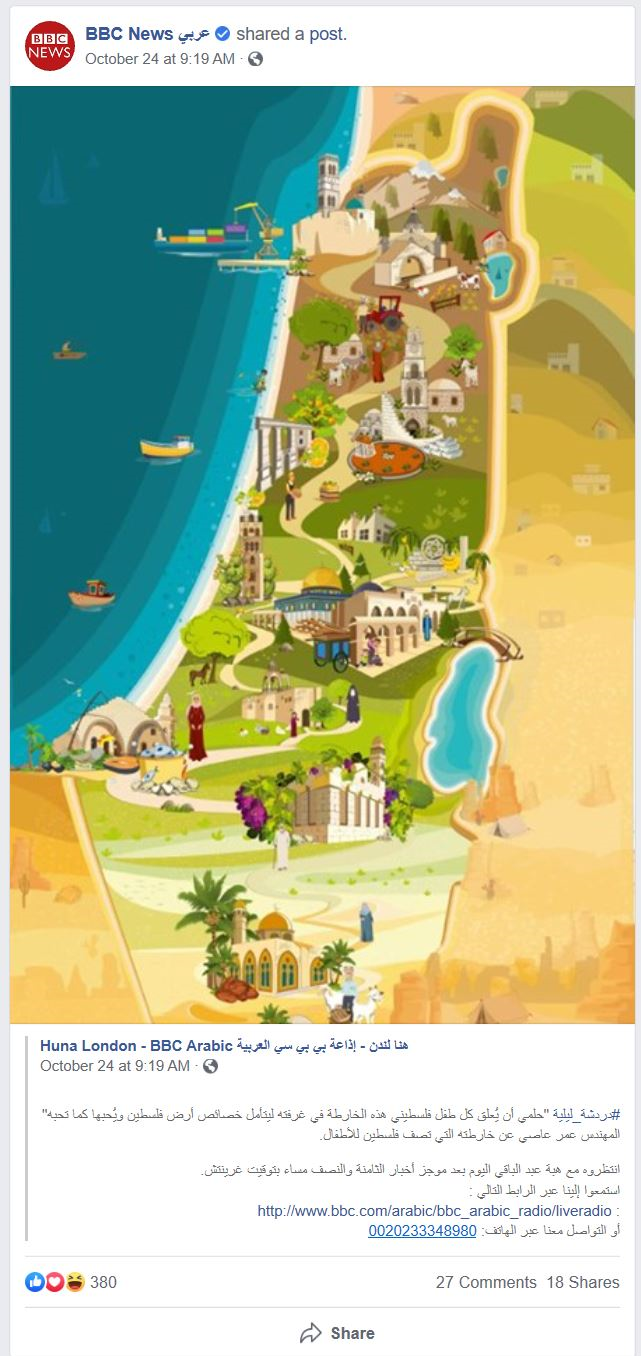On May 21st the BBC announced its latest audience figures.
“The figures – the BBC Global Audience Measure (GAM) – reveal that the BBC’s weekly global news audience, which is measured each year, has increased by 18m people, or 7 per cent since last year, to a record-breaking 283 million. This means that one in every 16 adults around the world uses BBC News. […]
The BBC World Service’s audience has increased by 10 per cent in its first year of licence fee funding and now stands at 210m, with the biggest boost coming from new World Service TV news bulletins in languages other than English.
The biggest growth for a single service comes for BBC World Service English, which has its highest-ever weekly reach with an audience of 52m, an increase of more than 25 per cent. The countries where the audience increases for World Service English have been highest are Nigeria, USA, Pakistan and Tanzania.”
The press release also states:
“Fran Unsworth, Director of the BBC World Service Group, says: “These amazing figures demonstrate the importance and impact of the BBC around the world.
“In times of crisis and in countries lacking media freedom, people around the world turn to the BBC for trusted and accurate information.” [emphasis added]
In a separate blog post Ms Unsworth added:
“The Thai news-stream also highlights one of the founding principles of the BBC World Service – to bring impartial, accurate news to countries when they lack it – although our largest market remains the US. […]
We need to make the most of these opportunities while sticking to the values which make us the most trusted news organisation in the world.
And as we increase our impact and reach around the world, we also need to focus on places where people are lacking accurate impartial news.” [emphasis added]
Those laudable sentiments and aspirations are consistent with statements made by Fran Unsworth when she took on the role of director of the BBC World Service Group. Unfortunately, they do not take into account the fact that BBC World Service content – and not least BBC World Service radio programmes – do not by any stretch of the imagination always live up to those professed standards.
That means that when a BBC presenter exploits her position to advance the inaccurate and defamatory notion of “collective punishment” by Israel or when World Service radio broadcasts unchallenged Hamas propaganda or when US audiences are given inaccurate information about a ceasefire or when a senior BBC journalist promotes claims of a ‘massacre’ that never happened, millions more people are now being misled by shoddy, inaccurate and often cringingly transparent politically motivated reporting.
With the BBC’s growing influence must come a commensurate responsibility to justify the trust of audiences around the world by making accuracy and impartiality mean more than just slogans in a self-lauding press release.




